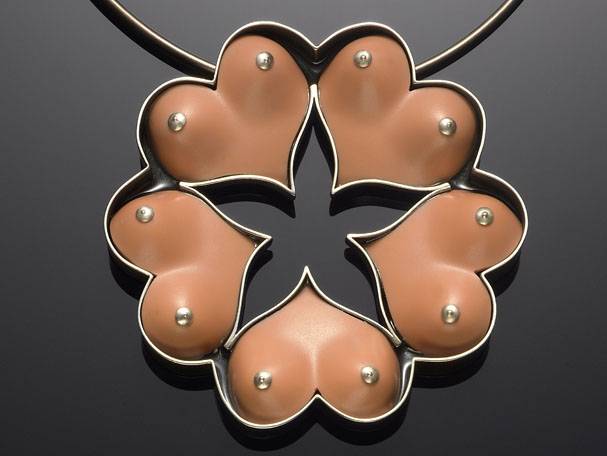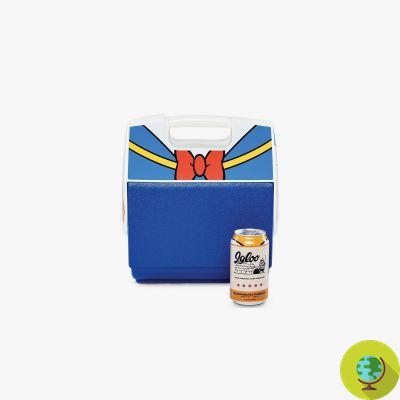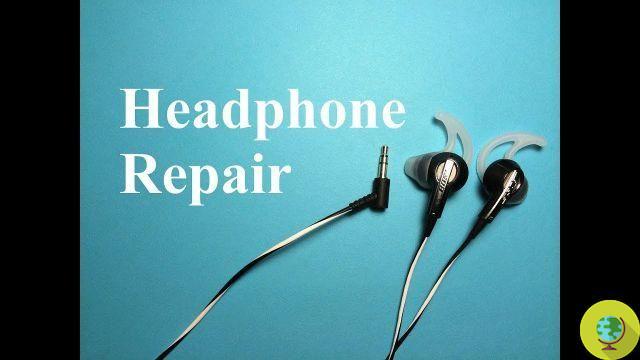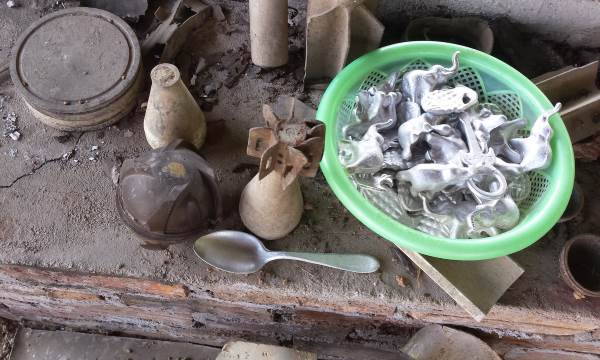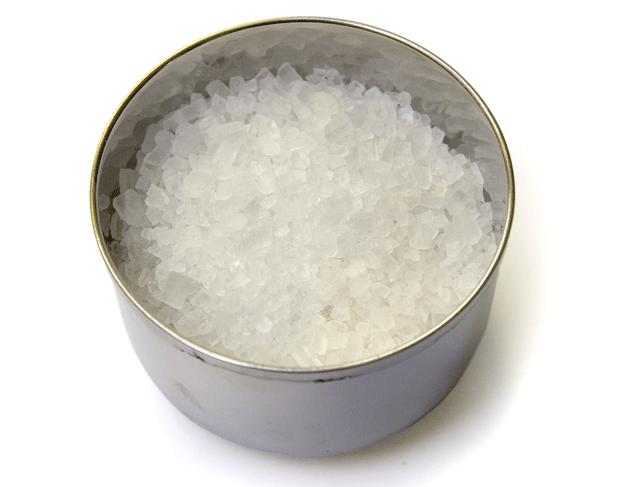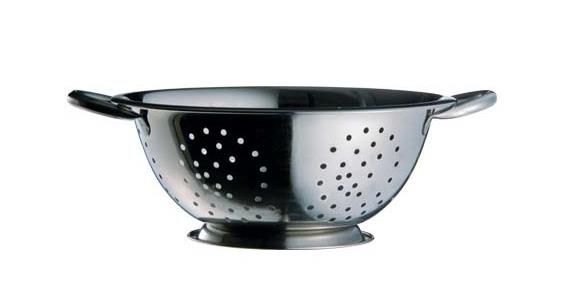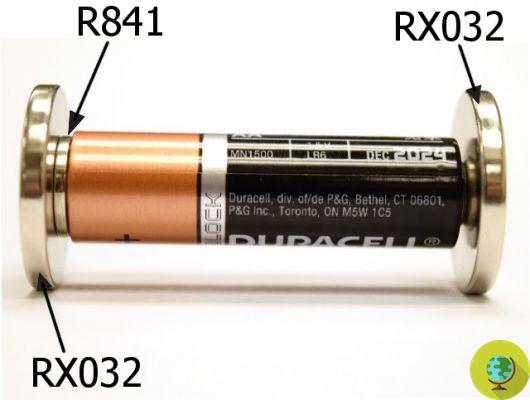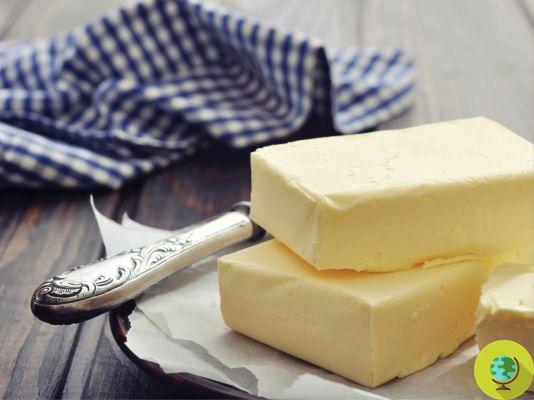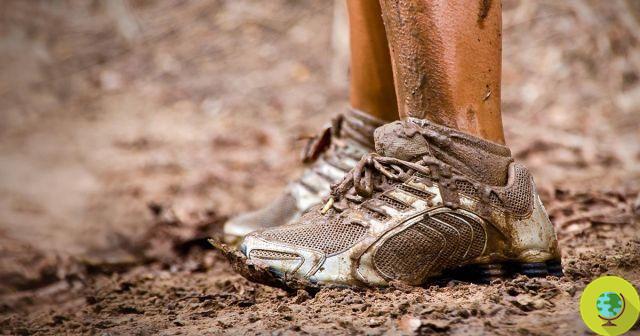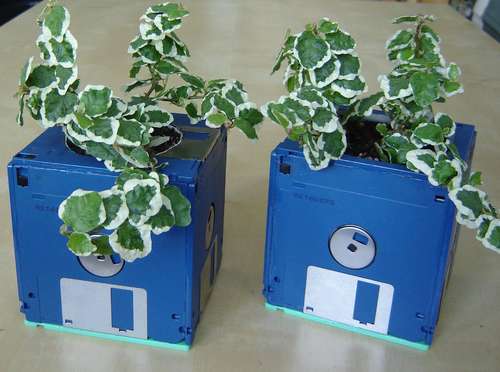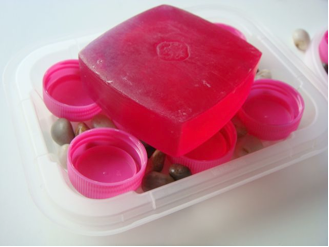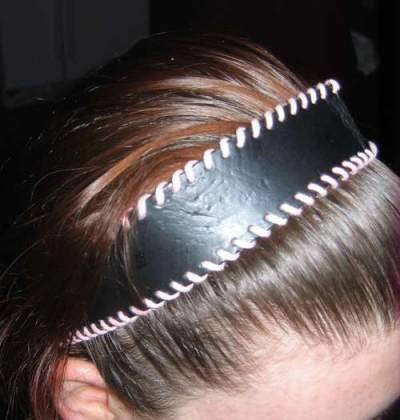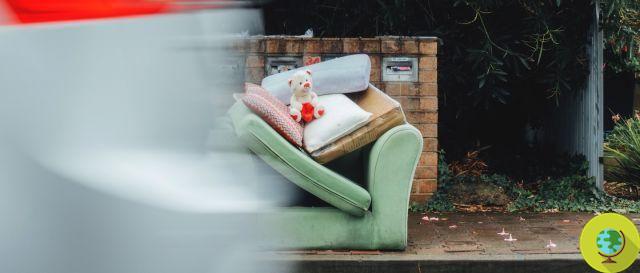
Even if the first rule of conscious consumption is not to throw away or lightly replace objects, clothes, utensils and so on, this does not mean that it is necessary to keep at home everything that, in one way or another, it ends up in your hands, among gifts, gadgets, giveaways, memories and things more or less old and more or less out of order. So here are 7 questions that would be good to ask yourself, when you come across an object that you had forgotten you had, to understand if you should keep it or not
He is about to end up run over, his mother saves him
Have you ever happened to do the cleaning or to tidy up and run into things you forgot you had? Or of put away in a drawer an object thinking that one day - who knows ... - it might also come in handy? Or, finally, to receive a gift that you liked it so much and to keep it carefully in a wardrobe, trunk or chest of drawers so that it does not "spoil" with use?
Well, if you answered yes to at least two of these questions it means that, like most people, you are affected by tendency to accumulate things in your homes that you do not need and that you will probably never (or never again) use, but which you cannot give up. With large, very large clutter of rooms, shelves, shelves, attics, garages and closets. Especially if you don't live in a palace and the spaces are few, narrow and to be rationalized.
If indeed the first rule of a conscious consumption and sustainable is not to throw away or lightly replace objects, clothes, utensils and so on, this does not mean that it is necessary to keep at home everything that, in one way or another, ends up in your hands, including gifts, gadgets , gifts, memories and things more or less old and more or less out of order. Here then 7 questions that it would be good to ask yourself, when you come across an object that you had forgotten you have, to understand if you need to keep it or not.
1. Does it still work?
It sounds obvious, but it's not: sometimes getting rid of an object, however broken and unusable, is really difficult, for emotional reasons or even for pure and simple laziness. Just think of the old alarm clock which we used in high school, which has stopped ringing and ticking for years, but which we continue to keep in plain sight on a shelf in the bedroom. Or to the toaster out of order that we put in a box in the attic, so as not to throw it away. Are we really sure that this is the right place to keep it?
2. If it breaks or gets lost, would you buy a new one to replace it?
If the answer to this question is no, it means that the object in question is not exactly critical to your survival. So, welcome the recycling and reuse, if possible, or it exchange or gift, if you know someone who might find it useful. Or, finally, the scrapping (obviously, differentiating everything that can be differentiated).
3. Are you keeping it, or rather, "preserving" it, for an unidentified future occasion?
A very common trend, which we could define as typical of good housewives, is keep all items for possible future use. The good housewife, in fact, carefully places most of them in wardrobes, shelves and drawers gifts that receives: from the blender, to the handbag, to the scarf and any other item.
This tendency, innate in many of us, helps to explain the huge amount of canned and never used objects that are often encountered in our homes: articles destined to age and become gods waste without ever having been used. Don't you find it very sad? Wouldn't it be better to 1. make good use of them or 2. give them to someone who might find them useful?
4. Does it really serve its purpose? Or, more precisely, does it really have a purpose?
In our closets and in our attics there are many lovely objects whose function is absolutely obscure: just think of most of the kitchen tools and utensils which is very common to receive as a gift on the occasion of the Christmas or other occasions ... In short, it is not mandatory to keep everything, especially if we do not know where to put it or what to do with it.
5. Have I ever used it?
Let's look around. In all houses there are objects never used: to give a very common example, think of all the diaries and diaries and address books and calendars that we receive as a gift in the months of December and January, from banks, supermarkets and insurance companies. Many of these remain unused, to turn yellow in some corner: why not give them to someone, for example having them used by children and grandchildren, their own or those of neighbors and acquaintances, for bad copies or for school and university notes? The same thing can be said of the kitchen robot that you received as a gift a few weeks after buying one from your own pocket: give it as a gift or, at most, exchange it, rather than letting it age in the attic.
6. Is it really a memory? Does it really remind me of anything?
With the justification "It's a memory" we filled the shelves and drawers of the house with the most disparate items: let's stop for a moment to think about which occasion or person each of them is linked to. By doing so, we may find that “real” memories - truly meaningful to us - are indeed a very small part of the chaos we have accumulated over the years.
7. Can it be useful for other things?
So, in summary, we very often keep objects that we will never use and that are there, year after year, to age and collect dust. So, let's get rid of it, giving away or exchanging with friends, relatives and acquaintances everything that can still be useful, because new or little used or in any case still working, and recovering and recycling what can be recovered.
If it comes to unused or discarded clothing, for example, they can be reused for wrapping gifts, or for realize the Masks and the most imaginative disguises for Halloween or for Carnival; if it comes to old calendars or magazines, you can make them greeting cardsand Gift cardand cartapesta or even gods confetti... In short, just start the creativeness, and you certainly won't throw away things that may still prove useful!
And for anything that cannot be recovered, always remember to differentiate!
Lisa Vagnozzi




